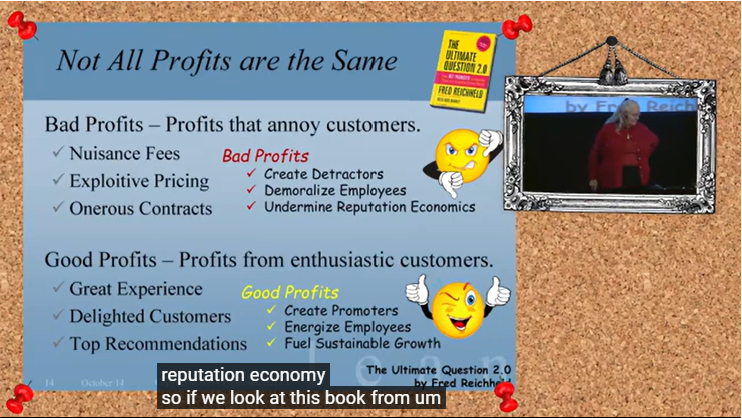Highlights
- 📊 Metrics can mislead: Metrics often prioritize short-term gains over long-term innovations.
- 📱 Innovator’s Dilemma: Established companies may ignore disruptive innovations, leading to market decline.
- 💡 Long-term investments: Sustainable growth requires investing in innovations, not just efficiency.
- 👥 Employee engagement: Energized employees lead to better performance and higher profits.
- 🌍 Reputation economy: Customer satisfaction and reputation are vital for sustainable business success.
- 🚀 Agile teams: Empowering teams with autonomy fosters innovation and collaboration.
- 🎯 Purpose-driven metrics: Focus on impact and customer needs rather than purely financial metrics.
Key Insights
- 📉 Misguided Metrics: Traditional metrics often create a false sense of security and can lead businesses to prioritize immediate returns over necessary long-term innovations.
- 📅 The Innovator’s Dilemma: Companies that focus solely on existing customers risk missing emerging market segments, emphasizing the need for continuous innovation.
- 💰 Investment Philosophy: The shift in business education toward prioritizing capital preservation has led to a decline in funding for innovative ideas, stifling growth.
- 👫 Engaged Workforce: Employee engagement directly correlates with organizational success, and fostering a culture of teamwork and autonomy can significantly boost morale and productivity.
- 🌟 Reputation Management: In today’s reputation economy, businesses must prioritize customer satisfaction and feedback to build a loyal customer base and enhance brand image.
- 🔄 Agile Collaboration: Agile methodologies promote teamwork and adaptability, allowing organizations to respond swiftly to changing market demands and customer feedback.
- 🎯 Impact Over Output: Organizations should prioritize delivering real value and measurable outcomes over merely completing tasks, fostering a culture that values impactful contributions.

